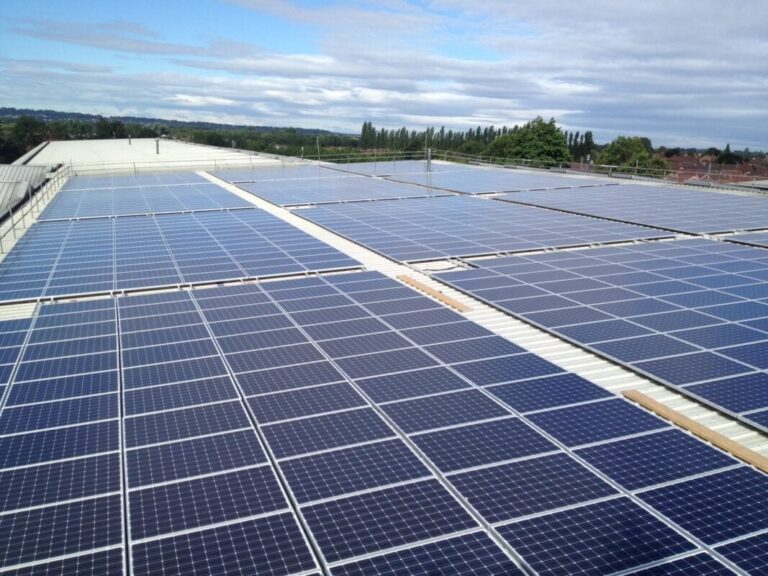The second public consultation on a new solar farm planned for Fenwick, Doncaster, and developed by Boom Power, ends on May 31. The consultation has provided local residents and other stakeholders with the opportunity to learn more about the 237.5 MW co-located solar-plus-storage project, which qualifies as a Nationally Significant Infrastructure Project (NSIP).
Due to its status as an NSIP, plans for the Fenwick Solar Farm will need to be approved by the Planning Inspectorate, as well as the Secretary of State for Climate Change and Net Zero. Without that approval, construction on the site, which is expected to cover approximately 325 hectares, cannot begin.
The company has already secured an import and export grid connection at Thorpe Marsh Power Station, a former coal-fired power station set to be transformed into a green energy hub. Once completed, it will be able to store up to 2.8 GWh of energy using a battery energy storage system (BESS).
Boom Power expects to submit a Development Consent Order (DCO) later this year; When the project was initially announced, it was expected to happen in spring 2024. It already has an extensive pipeline of projects in the UK, including Cleve Hill in Kent and recently approved Kenley Solar Farm in Hull.
Boom’s portfolio also already includes one NSIP project: the East Yorkshire Solar Farm, with a capacity of 400 MW.
Local support for solar NSIPs
Consultation for another NSIP, EDF Renewables UK’s 800MW Springwell Solar Farm, came to an end in February. EDF Renewables UK announced that 77% of people responding to a Survation survey conducted on behalf of the organization noted that climate change was impacting their communities. 82% of people also said they support the development of solar farms.
Like the Fenwick project, Springwell Solar Farm requires approval from the Secretary of State.
UK Minister for Energy Security and Net Zero Clare Coutinho has pushed back the deadline for her decision on another NSIP, Mallard Pass Solar Farm, to May 20. The decision deadline for this project, originally May 16, 2024, has now been set by the Department of Energy Security and Net Zero (DESNZ) for June 13, 2024.
Coutinho had to make a statement to parliament to announce the postponement, saying the new deadline is “to ensure that the department has sufficient time to assess the application”.


